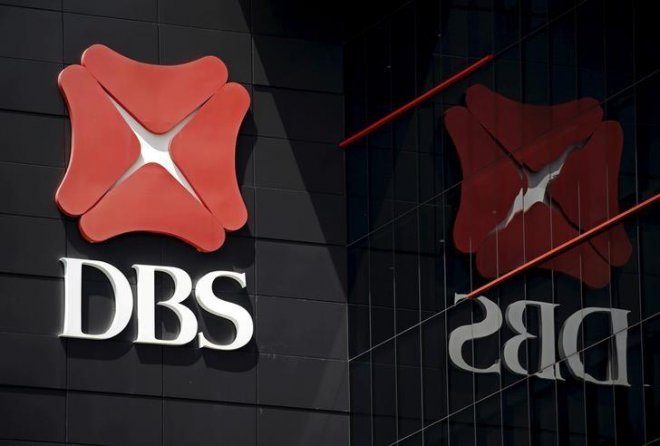
Singapore's biggest banking group, DBS, said its third-quarter net profit fell 23 percent on the back of increased provisioning for bad loans for the troubled oil and gas services sector.
Profits fell to S$822 million for the three months ended September 30 from S$1.1 billion a year ago, the bank said.
Total income grew 4 percent to S$3.06 billion as net interest income advanced 9 percent to about S$2 billion, Southeast Asia's biggest lender said.
The fall in profits at DBS came even as lenders in the region reported better-than-expected net incomes. But the two other big banks in the country, OCBC bank and United Overseas Bank, both flagged concerns about the energy-services industry after a prolonged weakness in oil prices.
The group's exposure to the oil and gas support services sector amounted to S$5.3 billion, less than 2 percent of its overall loan portfolio.
"The recognition of the residual weak oil and gas support service exposures as NPAs (non performing assets) will enable investors to return their focus to our operating performance and digital agenda," Chief Executive Officer Piyush Gupta said in a statement.
The non-performing loan rate rose to 1.7 percent in the quarter compared to 1.5 percent previous year, the bank said.
Nonperforming assets rose 26 percent from the previous quarter to S$6.1 billion
Allowances for bad assets climbed to S$1.66 billion in the third quarter from S$261 million last year.
Other non-interest income fell 20 percent to S$399 million due to lower trading income as well as the impact of a S$41 million property disposal gain a year ago.
Shares of DBS fell 0.5 percent to S$22.84 on the Singapore Exchange. The stock has rallied 32 percent this year, beating the Bloomberg Asia Pacific Banks Index's 19 percent gain.








